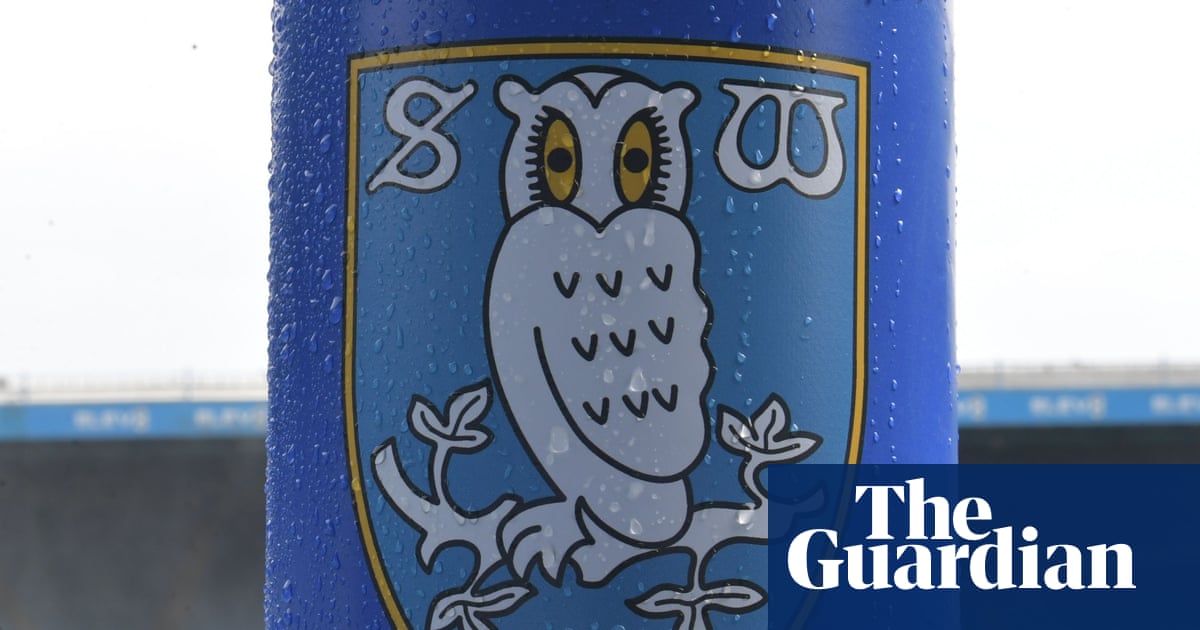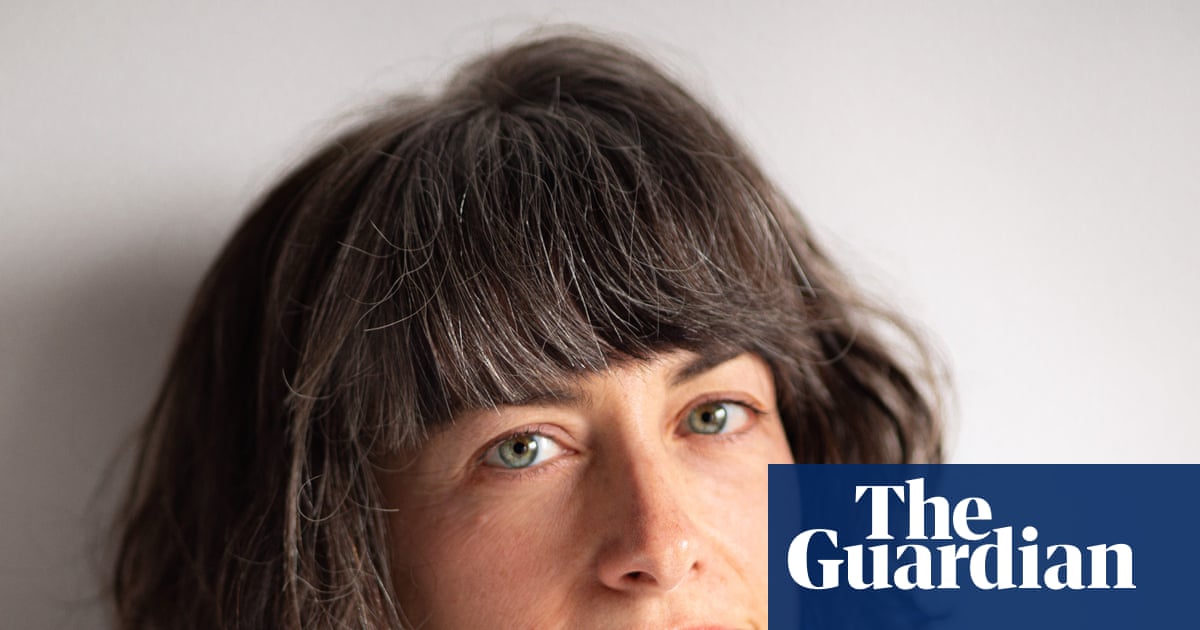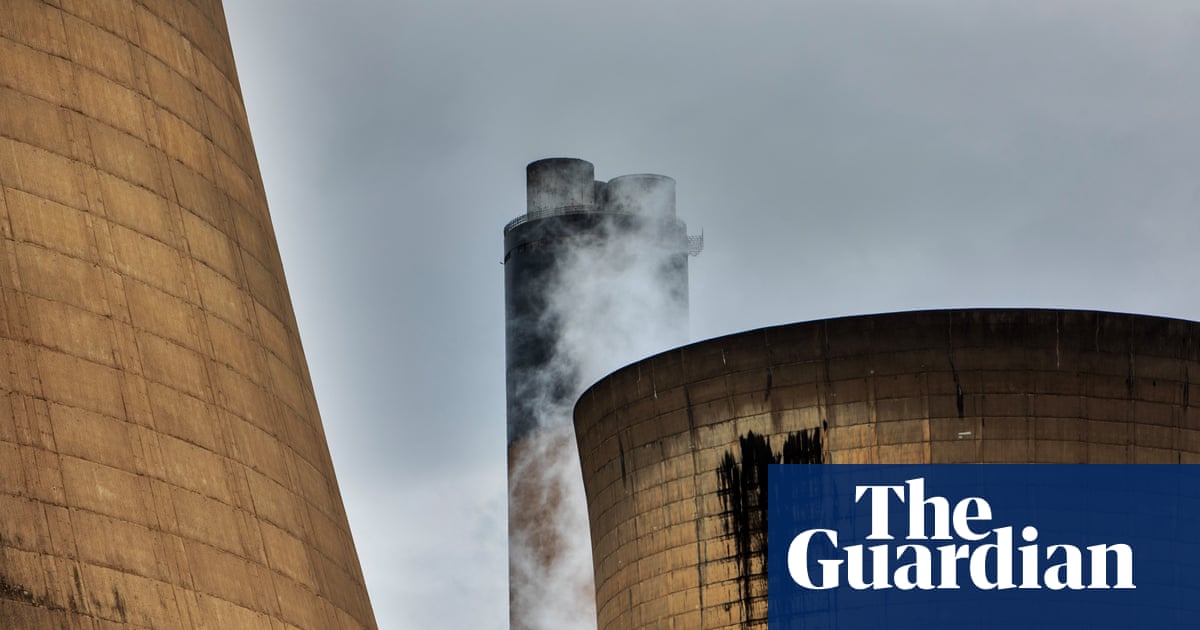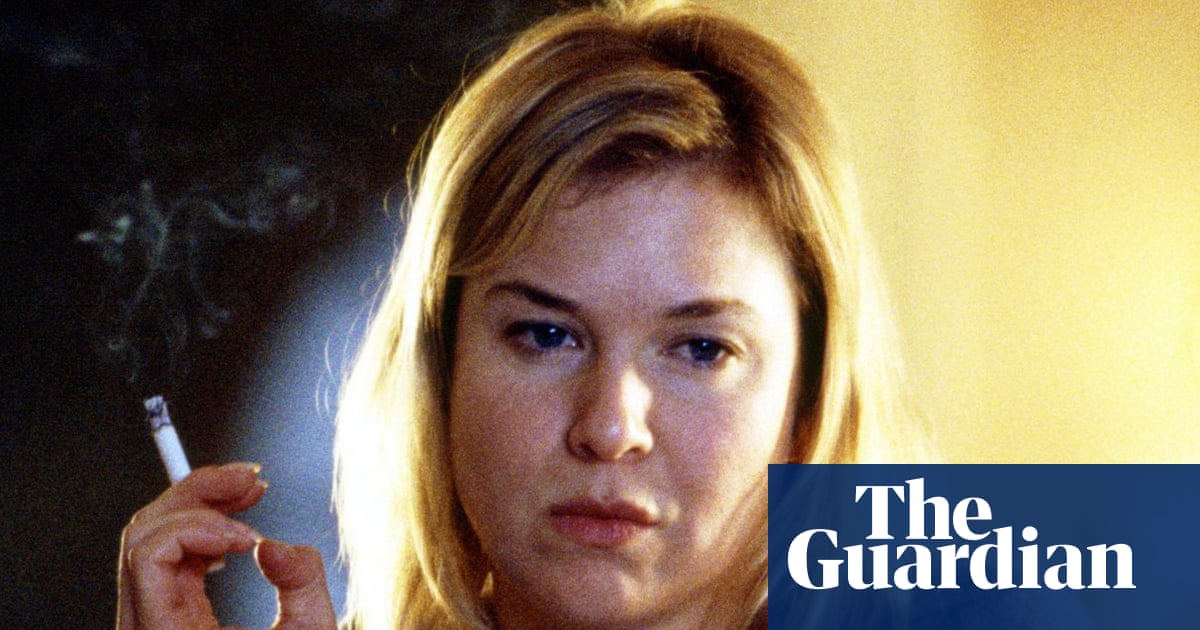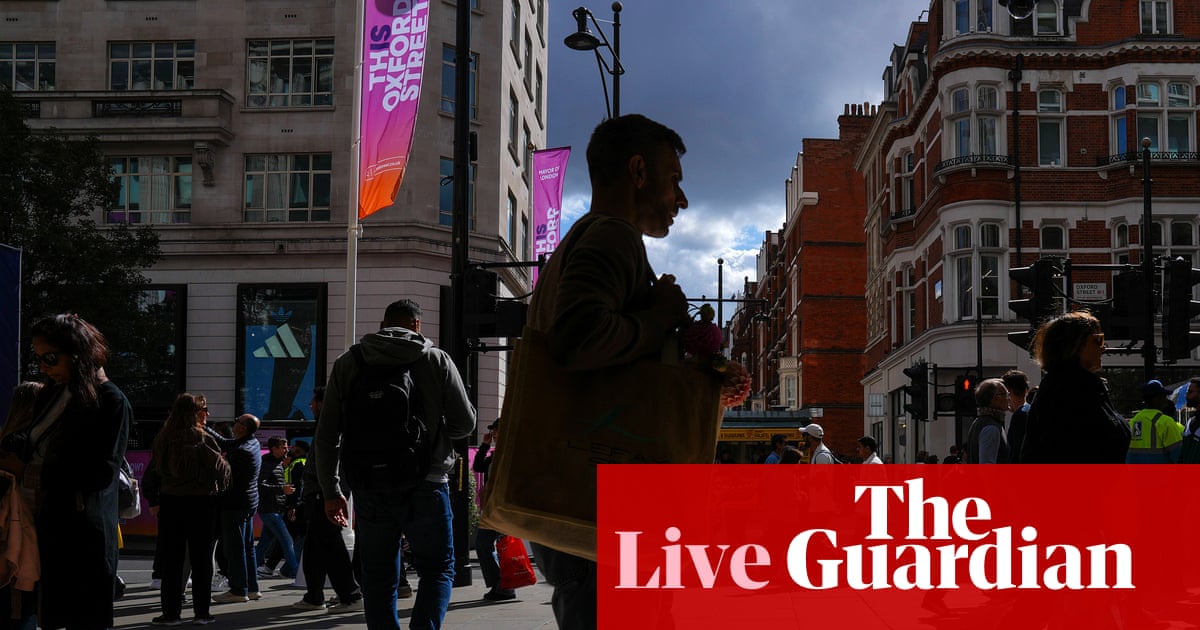Shadi Dabaya’s body bears the scars of the Israeli occupation. The 54-year-old proudly stuck out his jaw to show the chunk of his cheek torn away by Israeli fire and traced the zigzag scar on his arm, the pink, raised flesh marking the bullet’s path through his body.
“I got these in the second intifada,” said Dabaya, beaming. He pulled up a video of himself a year earlier confronting an Israeli personnel carrier in Jenin camp wielding only a flip-flop, playing it from different angles.
As he spoke, an Israeli military truck rumbled by. This time he only stared as it passed, not daring to approach.
Israeli soldiers have occupied Jenin camp since January, expelling all 14,000 residents from their homes and erecting earthen berms, raised barriers, to cut it off from the rest of the city. Though the military operation – dubbed “Iron Wall” – has successfully crushed Palestinian militants there, the Israeli soldiers remain.
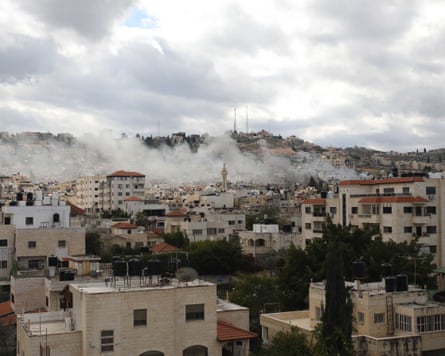
Jenin was once known as the “Martyrs’ Capital” of Palestine. The Jenin battalion, a militant group unique for its alliance of fighters from different Palestinian factions, fiercely resisted Israeli incursions into the city. It was said that Jenin and Gaza were the two places Israel could never conquer.
Gaza is now in ruins and the Martyrs’ Capital is silent. Israeli soldiers patrol Jenin’s streets freely and conduct near-daily raids in the city. The resistance fighters who gave Jenin its reputation are now only a memory, their faces fading from the martyr posters lining the streets under the unrelenting sun.
“We are tired. Resistance was a good idea, but look what happened to Gaza. All of the fighters are gone and we just want to live our lives in peace,” said Dabaya. He has given up trying to check on his home in Jenin camp after Israeli soldiers caught him and beat him badly last month.
To the residents of the West Bank, the war in Gaza came as a warning. As they watched Israeli bombs destroy as much as 88% of the Gaza Strip over the last two years, they realised that there was no limit to what Israel would do to crush Palestinian militants.
Now that the war in Gaza is drawing down, Palestinians fear that Israel will turn its focus on the West Bank.
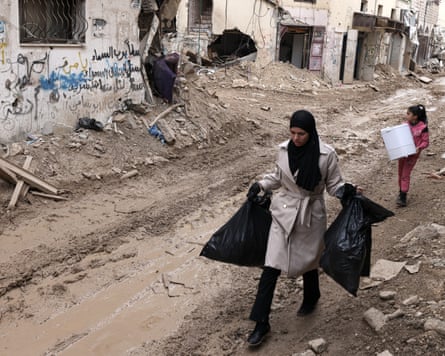
Eager to avoid incurring the same wrath that Gaza suffered, voices of resistance have kept silent, even as the number of daily settler attacks and restrictions in the West Bank rises sharply. Wednesday’s preliminary approval in the Knesset of bills applying Israeli law to the occupied West Bank – a process halted on Thursday after Trump administration figures voiced strong disapproval – barely registered among Palestinians. Only two years ago it would have provoked mass protests.
In Jenin, the boundaries of the military occupation are slowly expanding; soldiers pay daily visits to residents who live near the camp and bulldozers tear up their roads.
“When we used to hear shooting, we used to think there was a fight in the camp. Now we know it was the Israelis – not one bullet comes from the Palestinians. There’s no one left,” said Hiba Jarar as she cleaned her house after it was searched by an Israeli soldier a few days earlier.
Jarar lives in Jabria, a wealthy neighbourhood that sits on a hill overlooking the Jenin camp. From her living room window she can see Israeli troops moving to and from their makeshift barracks, a repurposed apartment building.
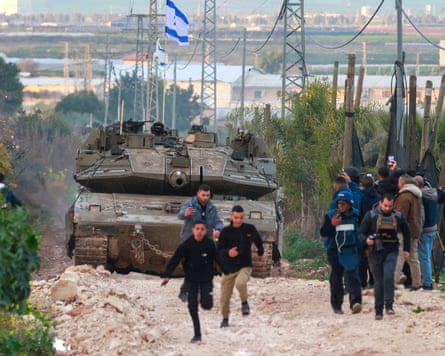
She is one of the last remaining people in the neighbourhood. One by one, residents have been raided by the Israeli military and told to vacate. The row of luxury villas lies deserted, the torn-up road stopping at a mound of dirt heaped high by Israeli bulldozers.
“The Israelis know they have nothing to fear any more. They raid houses with just a single soldier now. The soldier that searched my house was respectful, I was lucky. But who knows what will happen next time?” said Jarar.
As resistance has been stamped out, daily humiliations have increased. Videos of Israeli soldiers rounding up dozens of young men and forcing them to march, heads down, hands behind their back, in mass arrests regularly circulate on social media.
Mustafa Sheta, the general manager of the Freedom Theatre arts centre in Jenin camp, was arrested at his home in December 2023 by Israeli soldiers, alongside hundreds of other Palestinians. He was held for 15 months in administrative detention without charge – a common practice used by Israel to detain Palestinians indefinitely without trial.
He described prison guards filming him and other inmates on their phones as they were strip-searched, and guards making detainees lie on their stomachs while they used their backs as springboards, jumping back and forth on their prone bodies.
When Sheta was released from prison in March 2025, he found Jenin camp occupied and the spirit of the city’s residents broken.
“I was shocked because Jenin is the capital of resistance. Where are the fighters? What’s happened to the fighters? It felt like we lost the war, like we are losing this battle,” said Sheta.
“People’s priorities, they’ve changed. In the beginning, we talk about revolution, about right of return, about political issues. But now they talk about something else – they ask what they can do in this new kind of life,” said Sheta.
Questions of resistance have faded with the fighters who once claimed to have the answers. Now, residents are more preoccupied with the struggle of daily life as poverty and Israeli restrictions make eking out an existence ever harder.
Yet, even if the fighters’ guns have fallen silent, a few of Jenin’s residents push for quieter forms of defiance to assert their existence in a city that once symbolised resistance.
“They don’t deal with us even as animals, they consider us as nothing. So you need to again open that important discussion about how we can be resilient and stay in our homeland,” said Sheta.

.png) 4 hours ago
4
4 hours ago
4



